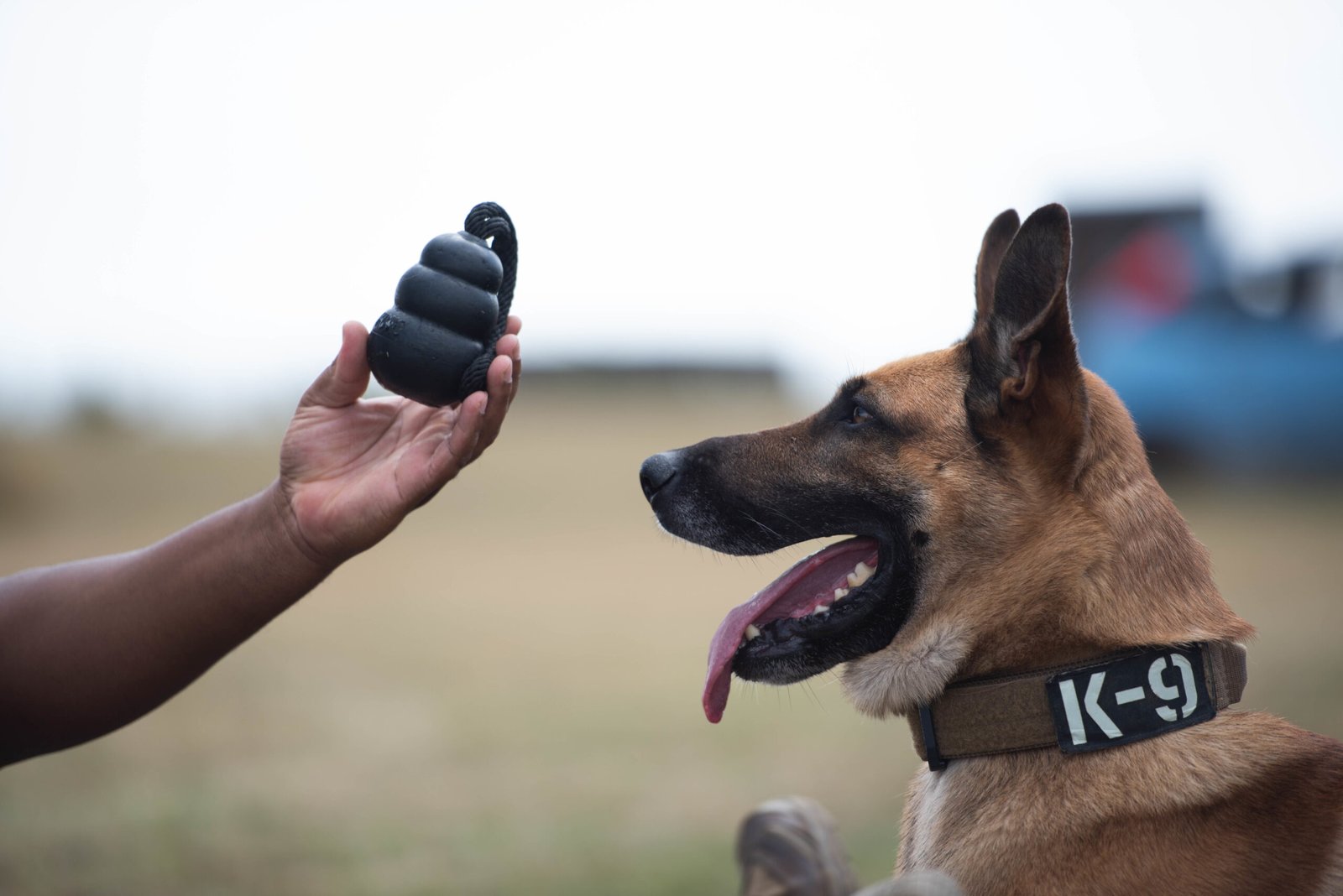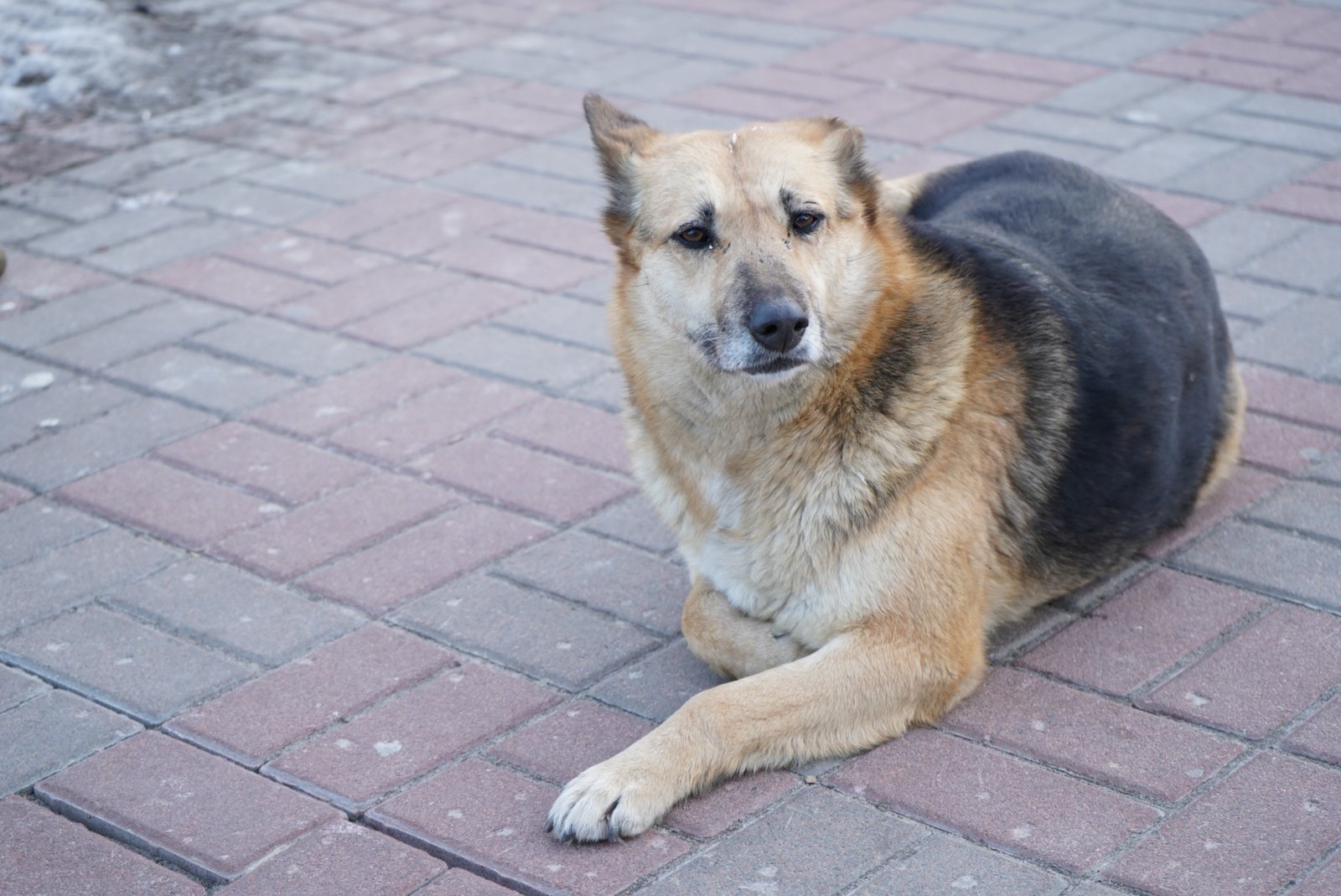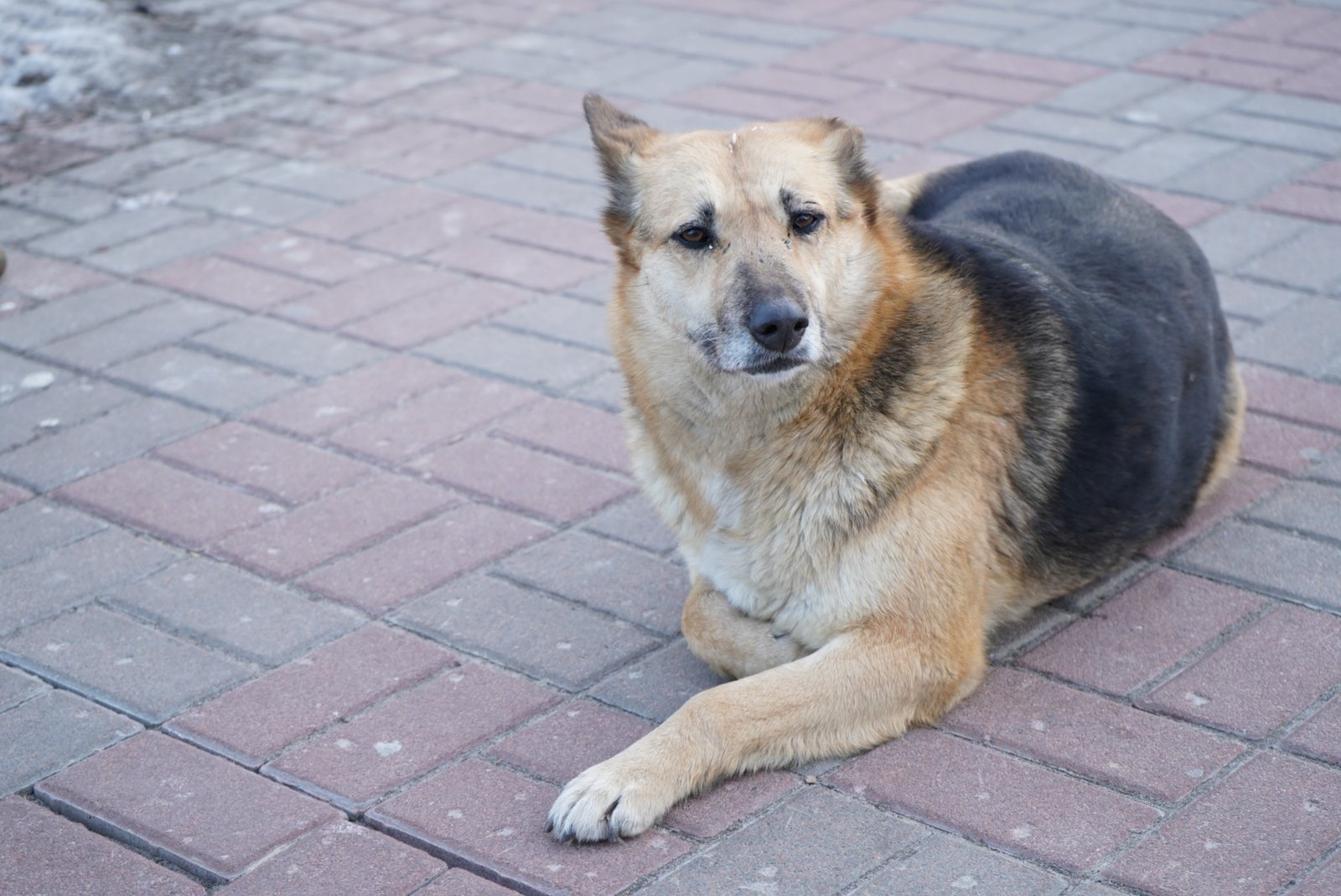Have you ever watched your usually sweet dog suddenly bark at thin air, chew your favorite shoes, or bolt like a rocket for reasons that seem to come out of nowhere? It’s both confusing and a little heartbreaking to see your furry friend behaving in ways you don’t expect. But there’s always a reason—sometimes hidden, sometimes obvious—behind every surprising canine outburst. Understanding these secret triggers can feel like unlocking a hidden language between you and your beloved pet. Let’s pull back the curtain on the seven most common reasons dogs act out unexpectedly, so you can help your best friend feel safe, happy, and understood.
Sudden Loud Noises: The Startle Effect
Imagine sitting quietly when, out of nowhere, fireworks explode in the sky or a thunderclap rattles your windows. That jolt of fear isn’t just a human experience—dogs feel it even more intensely. Loud, sudden noises like thunderstorms, vacuum cleaners, or even a dropped pan can send your dog’s nerves into overdrive. Their hearing is far sharper than ours, making these sounds feel overwhelming or even threatening. You might notice trembling, barking, hiding, or even attempts to escape when the noise hits. In these moments, your dog isn’t being “bad”—they’re just scared and trying to protect themselves the only way they know how. Offering a calm presence, a cozy hiding spot, or gentle reassurance can help your dog weather the storm and feel safe again.
Changes in Routine: The Comfort of Predictability

Dogs are creatures of habit, thriving on predictable schedules. Maybe you’ve switched up your work hours, moved their food bowl, or started leaving home earlier than usual. Even small shifts in routine can leave dogs feeling anxious or confused. When their world suddenly feels unpredictable, some dogs may become clingy, destructive, or even have accidents indoors. It’s like upending their sense of security—imagine if your favorite coffee shop suddenly changed locations every day! To ease their stress, try to keep feeding, walks, and playtime as consistent as possible. If changes are necessary, introduce them gradually and offer extra love and attention to help your pup adjust.
Separation Anxiety: The Pain of Being Alone

For many dogs, being left alone isn’t just lonely—it’s downright distressing. Separation anxiety can make even the calmest dog act out in surprising ways, from nonstop barking to chewing furniture or scratching at doors. This reaction isn’t spiteful; it’s a sign of deep attachment and fear of abandonment. Dogs are social animals, and being apart from their favorite humans can feel like a huge loss. Signs can appear the moment you pick up your keys or put on your shoes. Creating a positive goodbye routine, leaving special toys, or even playing calming music can help. In severe cases, a trainer or behaviorist may be needed to help your dog feel more secure when you’re away.
Unfamiliar People or Animals: The Stranger Danger Instinct
Have you ever noticed your dog suddenly bark, growl, or hide when a stranger comes to the door or another dog enters their space? Dogs are naturally protective of their territory and their people. New faces or unfamiliar animals can trigger a “stranger danger” response, making your dog act out to protect their home. Sometimes, it’s excitement or curiosity, but often it’s rooted in uncertainty or fear. Your dog is watching your reactions, too—if you’re tense, they’ll pick up on it. Offering calm introductions, treats, and positive reinforcement can help your dog learn that new friends aren’t a threat. Remember, patience is key—let your dog set the pace for these introductions.
Boredom and Lack of Stimulation: The Need for Fun
A bored dog is a mischievous dog. When pups don’t get enough physical exercise or mental challenges, they often find their own ways to create excitement—like shredding pillows, raiding the trash, or digging in the yard. Dogs are smart, energetic, and curious by nature. Without daily walks, play sessions, or interactive toys, frustration builds up until it explodes in unexpected ways. Think of it like a kid stuck inside all day with nothing to do—trouble is just around the corner. Scheduling regular playtime, puzzle toys, and new experiences can keep your dog’s mind and body busy, turning destructive habits into positive outlets for their energy.
Pain or Health Issues: Silent Suffering
Sometimes, when dogs act out, it’s their only way of telling us something is wrong physically. Growling when touched, snapping, or suddenly hiding can be red flags for pain or illness. Dogs are experts at hiding discomfort—after all, in the wild, showing weakness could be dangerous. If your dog’s behavior changes suddenly, it’s worth considering whether they might be hurting. Maybe a hidden injury, an upset stomach, or even dental pain is at play. Always pay attention to changes in appetite, energy, or grooming habits. If you suspect something is off, a trip to the vet is the best way to uncover and address any hidden health issues.
Past Trauma or Negative Experiences: Shadows from the Past

Just like people, dogs can carry emotional scars from their past. A dog who was once mistreated, neglected, or frightened may react strongly to certain triggers—like raised voices, specific objects, or particular environments. Even if your dog has been with you for years, memories from before can linger and pop up unexpectedly. These triggers can cause sudden barking, cowering, or even aggression. The most important thing you can do is offer patience, understanding, and a gentle hand. Over time, with positive experiences and lots of love, many dogs can learn to trust again and leave their fears behind. But healing from the past takes time—so never rush a dog who’s still learning that the world is a safe place.






